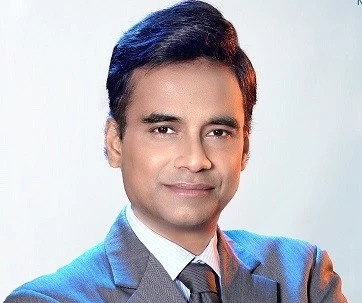MBA Essay Writing Tips 1 - Always put a special emphasis on introduction in your MBA Essays
Here is how a candidate began the introduction of an MBA essay on feedback he had received regarding an area of weakness:
From my fist year in elementary school to my last year in high school, I consistently bagged the top position in class, except on two rare occasions, when I came second. There were years when I came in the top ten in my entire city.
Would this opening grab your attention? Of course it wouldn’t! Imagine yourself to be an admissions officer who has to read through hundreds and hundreds of essays, and then you come across this specimen. Would you feel like reading on, and would you yawn? For one thing, the information provided is so mundane and, for another, it doesn’t seem to have any connection with the topic. The fellow used to come first in school, but that is a long time ago. And what's the big deal anyway? Business schools are flooded with applications from candidates who have excelled in the top colleges of the countries they belong to, and who have stood out in large organizations they have worked in. What is so great in having come first in school?
The Second Attempt
The candidate, having put himself in the adcom’s shoes, and realizing that he had misfired, makes a second attempt. He writes:
For some mysterious reason, something that was my area of strength became, over the years, my area of weakness. It flabbergasted and depressed me, and when people around me started to comment on it, I knew it was time I took positive action to remedy the situation.
Is this a better way to start? YES! Why?
Firstly, it creates a sense of mystery. “How does someone’s strength become his weakness?” you want to know.
It also addresses the topic of weakness straight away. At once you know what this MBA essay is going to be about.
Points to Remember
So, when you are writing an MBA essay, see if your opener meets the following criteria:
- Is there anything different about it that will arrest the reader’s attention?
- Does it give you an idea about the content of the MBA essay?
- Does it prepare the ground for the launch of the story you want to tell?
It is like the first impressions you form of a person. It tends to linger a long while. If you have a poor first impression of someone, you will not be too eager to meet him a second time.
Similarly, when the opening of an MBA essay bores the reader, he or she feels disinclined to continue reading. This is why you need to put a good deal of thought into the first few lines of your MBA essay.
Beginning with a Quote
Some applicants like to begin with a quote, but to do that effectively, you need a quote that has enough punch and that not many people have heard of – a combination that is indeed rare, because any quote with a punch quickly becomes popular. If your quote is a line everybody’s heard at least a hundred times before, you cut no ice repeating it again.
Questions
An intriguing question, however, may be able to generate just the kind of interest you want. What if you are writing an MBA essay on your love for travelling and how it has broadened your horizons, and you start by asking, “How would you feel if you were offered python meat for lunch?” I think you would like to read on!


